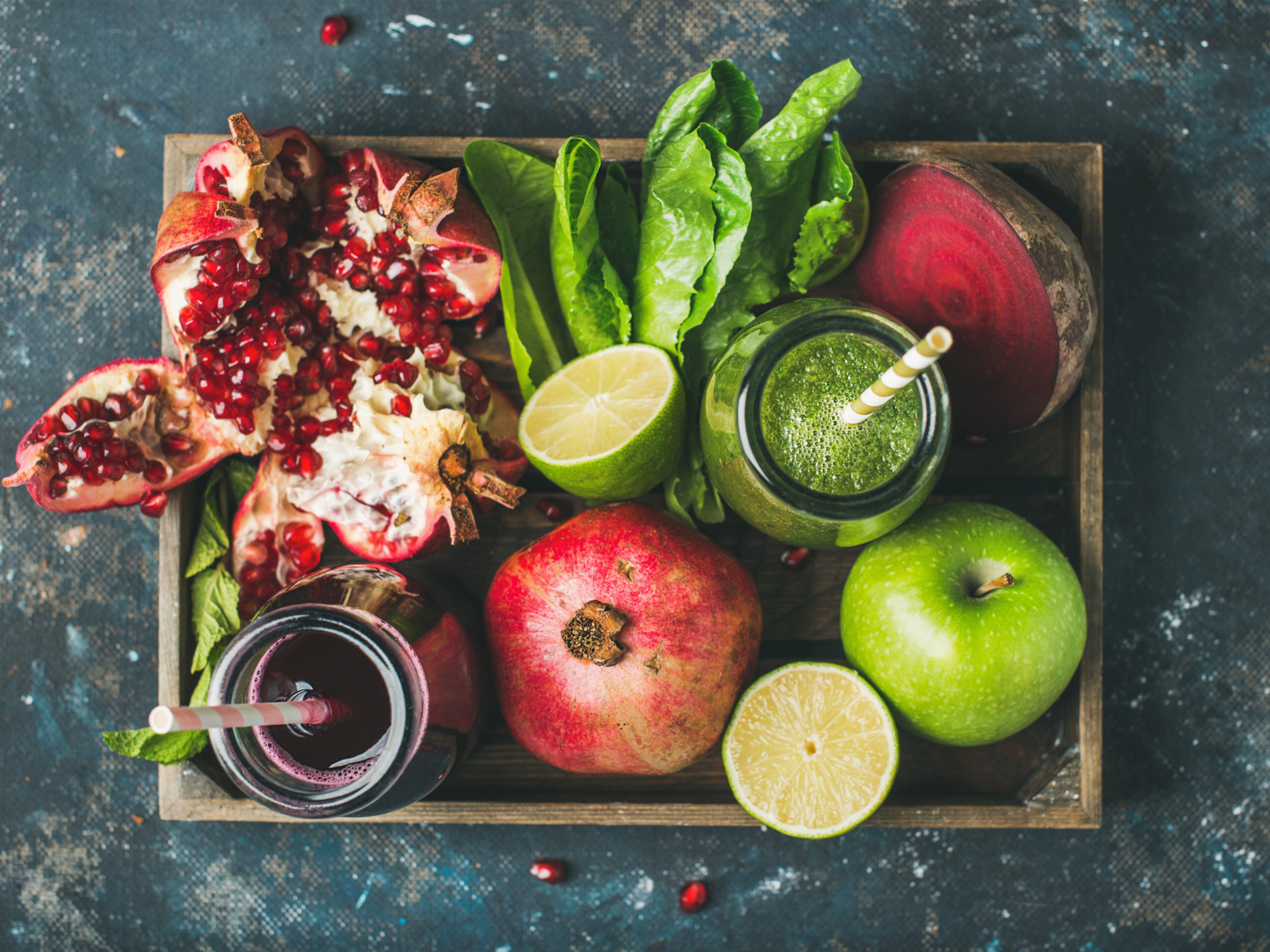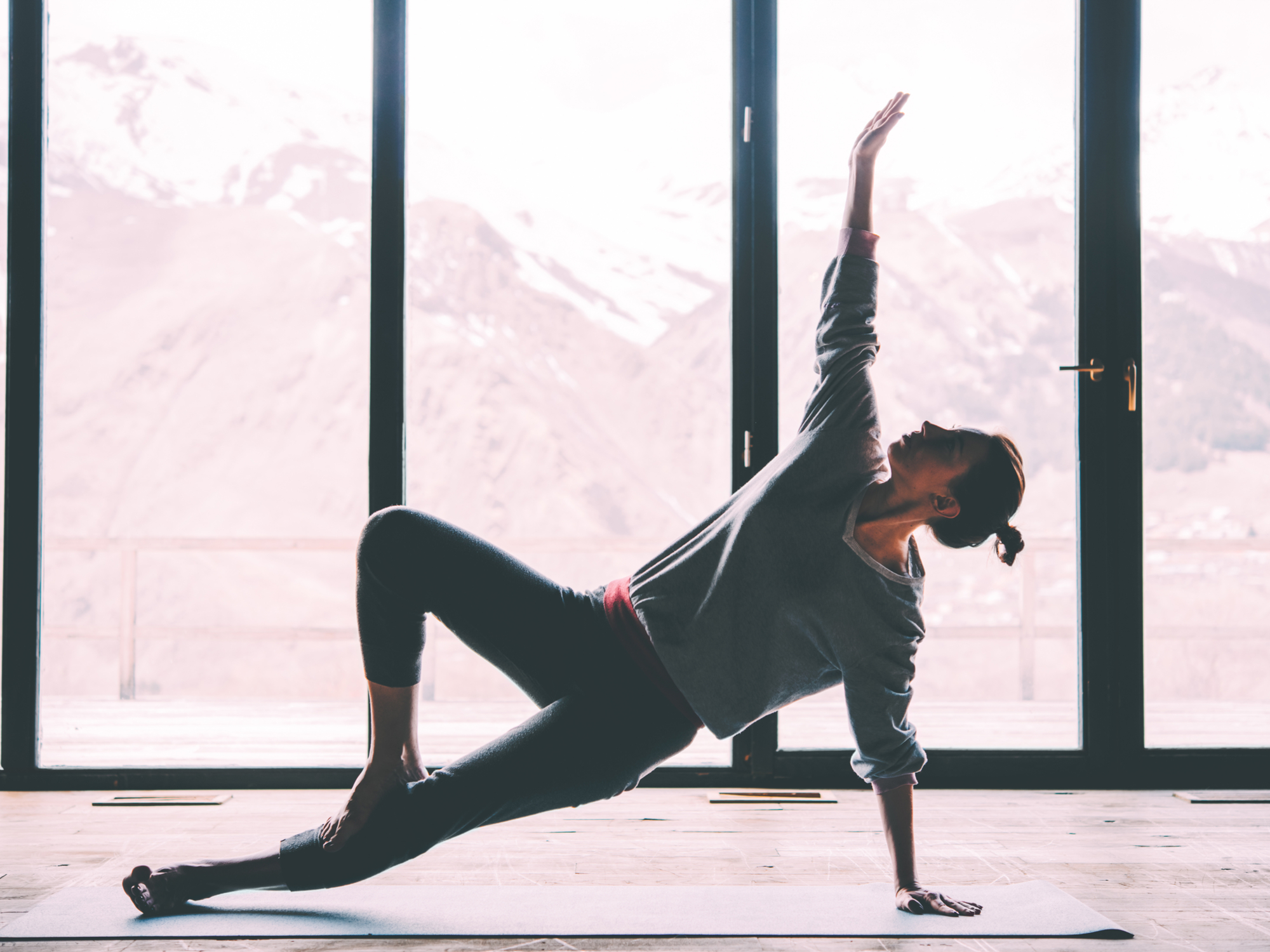Health, Wellness, and Luxury Trends in the 21st Century
1st April 2020
What we view as “luxury” can be hard to define. The parameters shift, our tastes change and what may be the ultimate in opulence one day can be gauche and mundane the next. This means that what we consider aspirational is a dynamic and evolving picture, influenced by an abundance of external factors.

Health and wellness is a prime example of this. A mere decade ago, “wellness” as we know it barely existed, and the sort of people who ate nothing but vegetables and health supplements were perceived as unfashionable and suspiciously joyless. Odd-smelling health shops, cod liver oil, puritanism and sandals meant that wellness had a serious image problem, and while people would “diet,” they most definitely didn’t see this as something to aspire to.
Fast forward to the last few years, and times have changed. Thanks to the innovative branding methods and excellent photography skills of bloggers and social media influencers, wellness has become bright, beautiful and extremely aspirational. The aesthetic of wellness is dominated by delicious-looking food that would never sully itself with meat or flirt with gluten, sat on rustic tables in Farrow & Ball finished rooms. It’s light and vibrant, appealingly simple and deeply evocative—the new visual language of luxury.

The growth of wellness is tied to the fact that conspicuous consumption and flagrant displays of wealth have been growing ever less appealing, especially for the millennial generation. Many high net-worth individuals would rather go on an adventure holiday than stay in an eye-wateringly expensive hotel, and increasingly people aren’t choosing to spend their money on outward projections of success.
Instead, it’s being funnelled into self-improvement, and investing in themselves. The “body beautiful,” glowing skin, a personal trainer and nutritionist are all status symbols—especially in the capacity that wellness enables wealthy people to work even harder to achieve their goals.

Whether they’ve enjoyed startup success, are making their mark in the creative industries or are a key player in an established business, productivity is extremely important to high net worth individuals. 85 per cent of wealthy people believe that health influences their achievements, with the pursuit of wellness translating to fewer sick days, a positive attitude and greater energy. They are also keenly aware of the benefits of meditation—a key tenant of wellness—with a noticeable uptick of famous business people extolling its contribution to their accomplishments.
Arianna Huffington, Bill Ford, Oprah Winfrey and much more partly credit their continued success to meditative practices, even attempting to introduce the improvements in focus, productivity and happiness to their staff through corporate wellbeing programs. The cliché of a cigar-smoking, whiskey-drinking Mad-Men style businessman is fading away, and the new indulgence is lavishing time and attention on personal growth.

Rather than an emanating a sense of miserable asceticism, health and wellness now communicate a feeling of simplistic opulence – a rich life lived well, full of honest hard work, self-discovery and quiet content. Furthermore, if there’s any doubt that this lifestyle isn’t as aspirational as people’s traditional ideas of luxury, the fact that a bag of almond flour costs over £7 for 500kg, compared to 55 pence for normal white flour is very illuminating. High Net Worth Individuals don’t go on a diet and embark on an exercise regime anymore; they pursue a quai-religious style of living—a kind of healthful worship marked by avocados and yoga retreats.
Many people may not have the time and resources to live the wellness lifestyle as fully as they’d like, but the fact it has become so aspirational has empowered everyone to take their wellbeing seriously. Having our idea of a luxury shift from supercars and flashy jewellery to the decidedly more thoughtful, self-aware and beneficial world of wellness can only be a good thing, celebrating values of personal improvement and self-care that can benefit us all.
